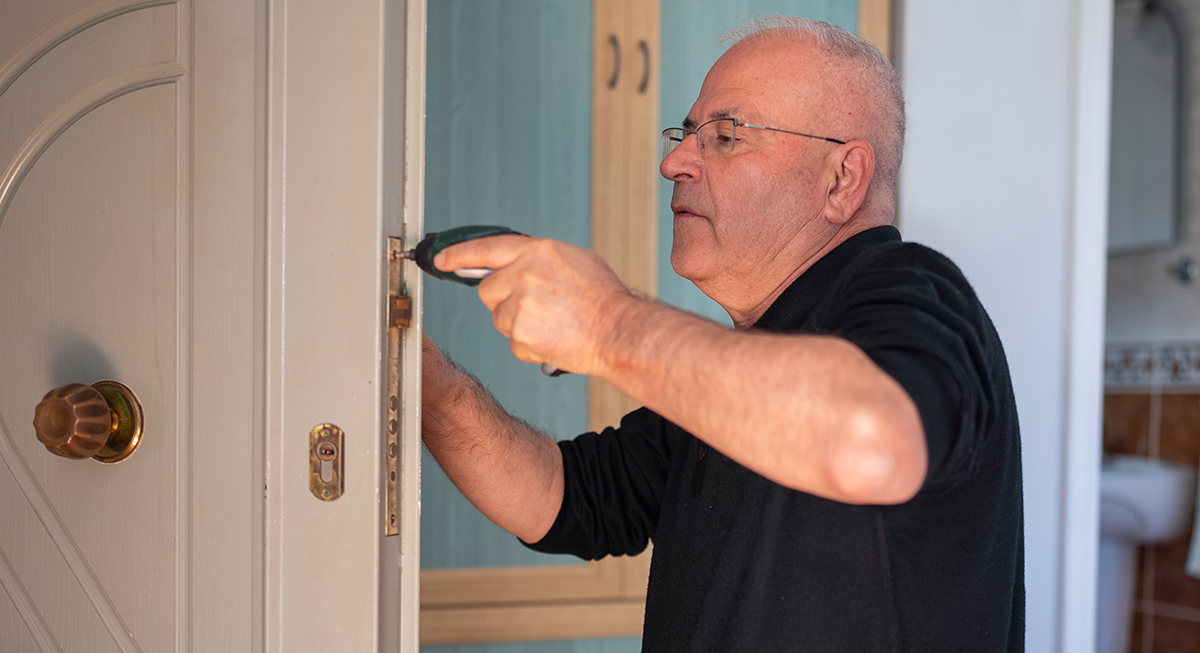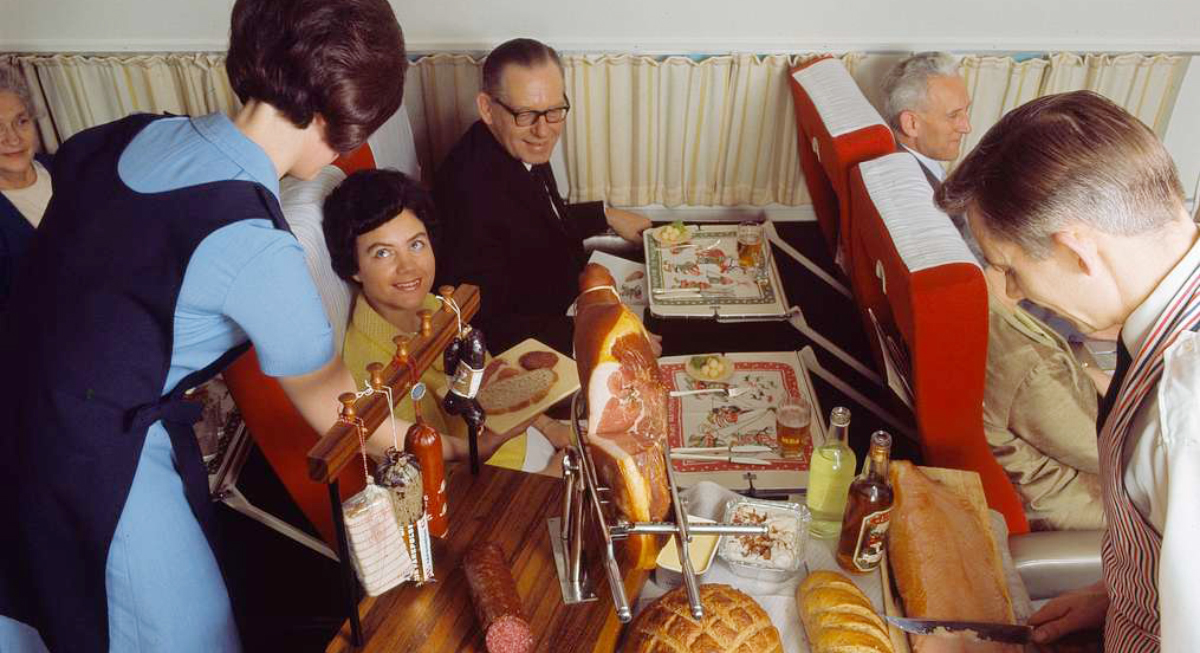 Lately on personal finance sites, I've seen a lot of advice recommending that people reduce their expenses by getting rid of their car. What should you consider before you get rid of your car?
Lately on personal finance sites, I've seen a lot of advice recommending that people reduce their expenses by getting rid of their car. What should you consider before you get rid of your car?
Where do you live?
First and foremost, where do you live? I personally can't imagine giving up my car while living in my hometown. Rural midwestern community, zero public transportation, a single Uber driver (at last check), and very little in terms of walking distance. It's just not possible, and I've seen a lot of people in similar living situations comment about this when someone recommends they get rid of their car.
But if you live in a city with decent public transportation, maybe this is something you should consider.
How often do you drive?
I live in the Washington, DC area. Plenty of my coworkers very rarely drive, as they're able to walk, bike, or take public transportation to the office. Some regularly use their cars on the weekends, others rarely use them.
Are there other household vehicles?
Now, maybe you can't get rid of every car, but are you in a two vehicle family? Is it possible to reduce down to a single vehicle? It will definitely require more coordination but can create some significant savings.
What are your non-personal car options?
Does your city have public transportation? I think this is the big key. Unless you live somewhere extremely walkable or are the type who can happily bike in any weather, you're probably going to want to rely on public transportation. How reliable is that transportation? What are the hours?
Does your town have taxis, Uber, and/or Lyft or other car services? Are there car sharing services where you can rent a car for a quick trip? What about for longer trips? Are there easily located rental services?
Do you love to bike? Is your city bike friendly? How safe is it to bike? And what is the weather like? Do you really want to be biking in the middle of the very snowy winter? And if not, what are your alternatives?
What can you save?
If you have a car payment, getting rid of your car can eliminate that (assuming that selling your car will allow you to pay off your car loan). But you also won't be paying for fuel, maintenance, and insurance. Depending on where you live, you may also have to pay for parking or regular inspections. All of that adds up.
What will it cost?
What will you be replacing your car use with? If you're walking or biking, your expenses will be minimal. If you're using public transportation, take a look at what your regular rides will cost. How often do you plan to use cabs or services like Uber or Lyft? Does your city have a car sharing service? Does that require a monthly fee, or can you get cars on a whim? Do you ever take weekend driving trips, and will you want to rent a car for those?
How to decide
If you're not sure if getting rid of your car (or one household car) is right for you, try not using your car for a few weeks and see how you do without it. Yes, you'll still be paying the expenses on your car (except for gas) and using public transportation and a car sharing service, but you'll quickly discover whether or not you'll be happy without your car.
Is going car-free the direction you should try to go?
This is a very personal decision. Even if you can go car-free, assuming you're not going into debt by keeping your car, I recommend that you only get rid of it if you truly want to. Many people enjoy owning cars and use them regularly. While you may be able to save money by getting rid of your car, if you're miserable without it, then it's not worth the switch. I see this recommendation all the time, and I suspect it's being made by people who don't understand the pleasure that some people get from their cars.
Now, I do think that you should be financially responsible with your car. Don't buy something you can't afford. While a new car is beautiful, consider buying used. Follow proper maintenance recommendations and do your best to prevent any expensive repairs. But if you love your car, by all means, keep it.
Read More:
Maximizing Savings: Discover the Best Time to Refuel at Costco and Save Money









